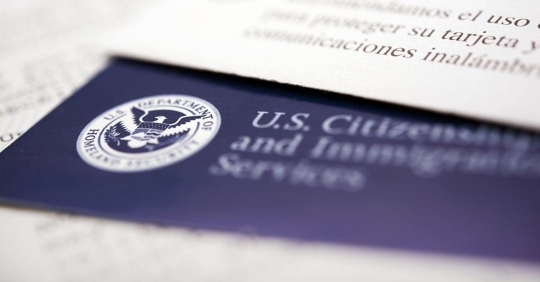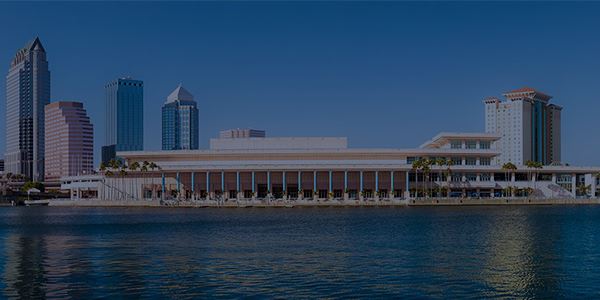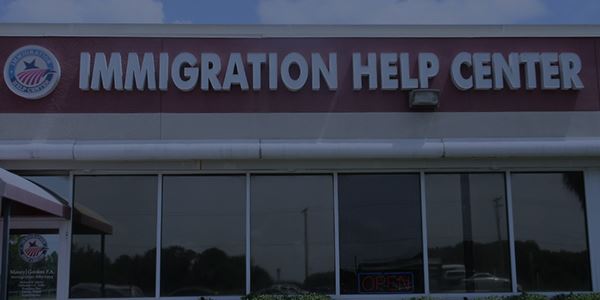An Overview of U.S. Immigration Policy
Applying for a green card or other resident status in the United States can be a stressful process that people undergo for years; for many, there can be monumental challenges based on what seems like ever-changing policies. Through the ups and downs of applying for immigration or citizenship, it’s important to understand the general basic policies that may affect your eligibility.
Where Can I Find the Current Policies?
The United States Citizenship and Immigration Services (USCIS) outlines the laws and policies regarding immigration on their website, which can be found here. From general policies to administrative appeals and regulations, there is extensive information available for those who are planning to immigrate to the US.
It’s important to note that policies can change depending on the current administration, so those looking to seek asylum or renew their current visa status should stay up to date on the ones currently in place. Other factors like the ongoing COVID-19 pandemic can also affect the timeline for when you are able to apply for immigration and citizenship.
What Makes Me Eligible to Apply?
Eligibility will largely depend on your circumstances and what you are looking for in terms of immigration or citizenship status. For example, if you are applying for a specific visa for a temporary stay, the eligibility criteria may vary depending on your visa classification. This can also change depending on if you are adopting a child from another country.
Employment-Based Visas
To immigrate for employment purposes, there are three general eligibility requirements:
- The petitioning employer must meet certain requirements and can pay the proffered wage.
- You qualify under a specific employment-based classification.
- You may be required to complete an individual permanent labor certification application from the Department of Labor.
Note that there are different levels of “preference workers” depending on your job classification. In general, first preference employees are researchers/professors, those with extraordinary ability, or multinational executives and managers. Second preference would be those holding advanced degrees and with other exceptional abilities. Lastly, the third preference is skilled workers, professionals, and other workers not previously specified.
Adjustment of Status
An adjustment of status is loosely defined as applying for permanent lawful resident status (i.e. a green card) and is applicable to those who currently reside in the United States either under a temporary status or other factor. Those who are currently outside of the United States must obtain a visa first before being considered eligible.
Those looking to apply for an adjustment of status may fall under one of the following categories:
- You are the immediate relative or widow(er) of a United States citizen.
- You are a relative of a United States citizen or other permanent resident under a family-based preference category.
- You are the fiancé(e) of a United States citizen.
- You are a self-petitioner under the Violence Against Women Act.
- You are a noncitizen worker in an employment-based preference category (mentioned above).
- You are an investor (noncitizen).
- You are a ‘special immigrant’.
- You are a victim of human trafficking or other crime.
- You have been granted asylum or refugee status.
- You qualify under a special program like the Diversity Visa program, private immigration bill signed into law, or other special program not previously listed.
- You are eligible for an adjustment of status under INA 245(i).
- You are a derivative applicant.
However, there are several bars to adjustment of status that may need to be considered when undergoing the process. These can include unlawful immigration to the United States, employment without prior authorization, being a conditional permanent resident, and more. You can learn more about the bars to adjustment here.
Can I Sponsor a Family Member?
Generally speaking, lawful permanent residents or other United States citizens can petition for a visa on behalf of their close relative (defined as a parent, spouse, child, or sibling). To do so, you must file a Form I-130, and, in some circumstances, you may file this alongside an application for permanent residence status, the Form I-485. Each petition must be filed separately per person you are sponsoring.
Can I Appeal An Immigration Decision?
If the decision you received was unfavorable, you may be able to file an appeal depending on the circumstances. This must be done through the office that rejected or otherwise made the unfavorable decision using a Form I-290B, except in certain circumstances, which can be found here. This must be done within 15-30 days of the date that the decision was made (not when you received notice), although the timeline may vary depending on the notice you receive.
It’s important to note that appellate decisions may take up to 180 days to review, so it’s important to act efficiently if looking to get this overturned.
Violence Against Women Act
The Violence Against Women Act was passed in 1994 to ensure that those who are victims of domestic violence and abuse can seek safety/independence in the United States. To be eligible under these grounds, the self-petitioner must:
- Be the spouse or child of an abusive US citizen or lawful permanent resident or the parent of a citizen aged 21 years or older.
- Have been married in good faith (not for the purpose of immigration).
- Be eligible for immigration as an immediate relative or through a family-based preference category.
- Have been subject to battery or ‘extreme cruelty’ during the qualifying relationship.
- Resides or previously resides with the abusive US citizen or lawful permanent resident.
- Be a person of good moral character.
You can learn more in-depth information about this eligibility criteria and how it applies in different circumstances by visiting here.
Need Immigration Assistance? We Can Help
Making the decision to immigrate to the United States for one reason or another is a big step in many peoples’ lives. Know that you don’t have to go through this strenuous process alone, and the team at Maney | Gordon | Zeller, P.A. is here to walk with you through each step of the way. Schedule a consultation with a member of our to discuss your specific needs by calling (800) 708-4399 or filling out this short form.







